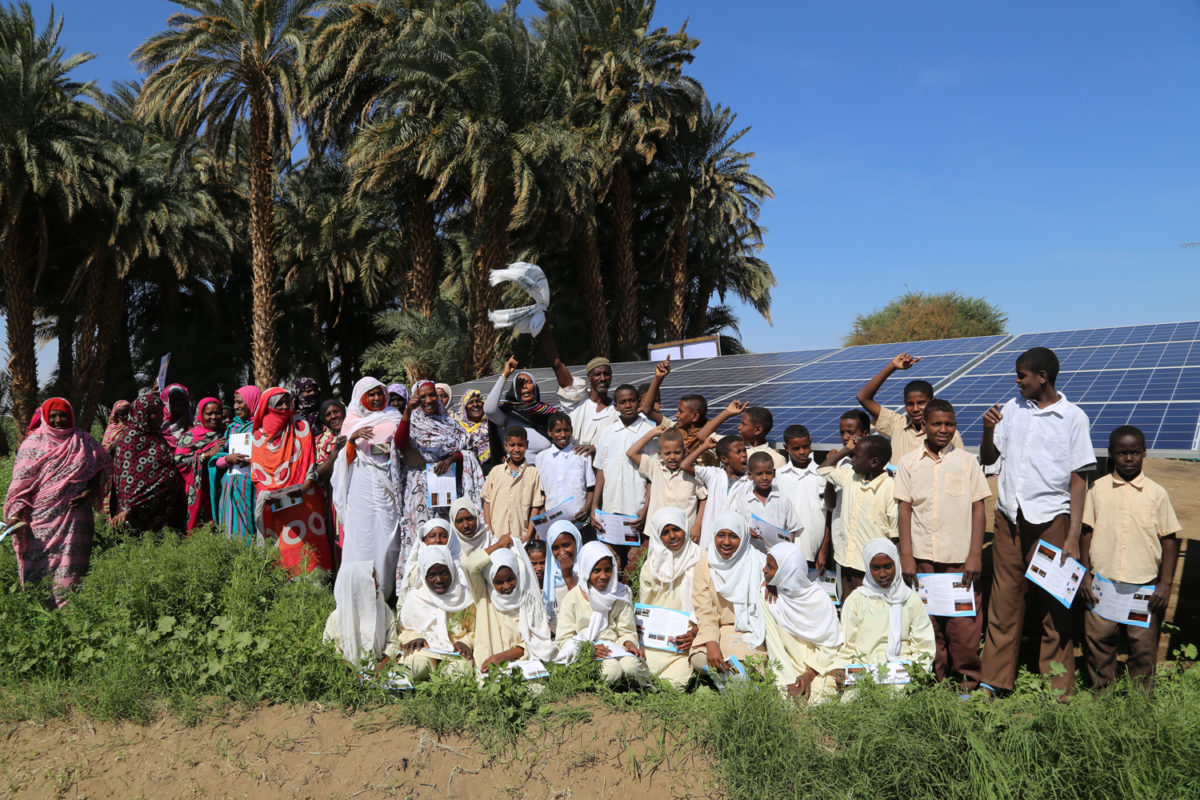Sudan has one of the lowest levels of solar development in Africa, although it has one of the best levels of solar radiation in the whole continent.
The Sudanese government has tried to implement several initiatives to increase the share of renewables in the country’s energy mix over the past year, but so far results seem to be quite limited.
However, the United Nations Development Programme (UNDP), which is supporting the Sudanese government's efforts to promote renewables, is now seeking consultants with experience in the development of national FIT programs to help the local government and the country’s Electricity Regulatory Authority (ERA) find the most suitable legal and regulatory framework for a future incentive scheme. The UNPD said that previous studies concerning FIT schemes prepared by ERA should be revised and may be included as a part of the future scheme.
According to the UNDP, Sudan’s Ministry of Water Resources, Irrigation, and Electricity (MWRIE) has recently implemented measures to separate the process of power generation, transmission and distribution, and has made the first steps to privatize the energy sector.
Furthermore, the ministry has conducted assessments of the country's wind and solar power potential. At the same time, the ERA has started a separate study on the cost of electricity and the tariff structure for Sudan's power system including the feed-in tariff. According to UNPD, a draft of this study has already been released.
The future FIT scheme is expected to support both grid-connected and off-grid renewable energy power generators.
The MWRIE and the UNDP are currently implementing a solar water pumps project for irrigation in Sudan's Northern State. This project started in January 2017 with a pilot phase of installing 28 solar pumps covering the 7 localities of the region’s focusing agricultural areas that are connected to Sudan’s power system.
The Sudanese government aims to install 500 MW of solar and 300 MW of wind by 2020.
This content is protected by copyright and may not be reused. If you want to cooperate with us and would like to reuse some of our content, please contact: editors@pv-magazine.com.




By submitting this form you agree to pv magazine using your data for the purposes of publishing your comment.
Your personal data will only be disclosed or otherwise transmitted to third parties for the purposes of spam filtering or if this is necessary for technical maintenance of the website. Any other transfer to third parties will not take place unless this is justified on the basis of applicable data protection regulations or if pv magazine is legally obliged to do so.
You may revoke this consent at any time with effect for the future, in which case your personal data will be deleted immediately. Otherwise, your data will be deleted if pv magazine has processed your request or the purpose of data storage is fulfilled.
Further information on data privacy can be found in our Data Protection Policy.